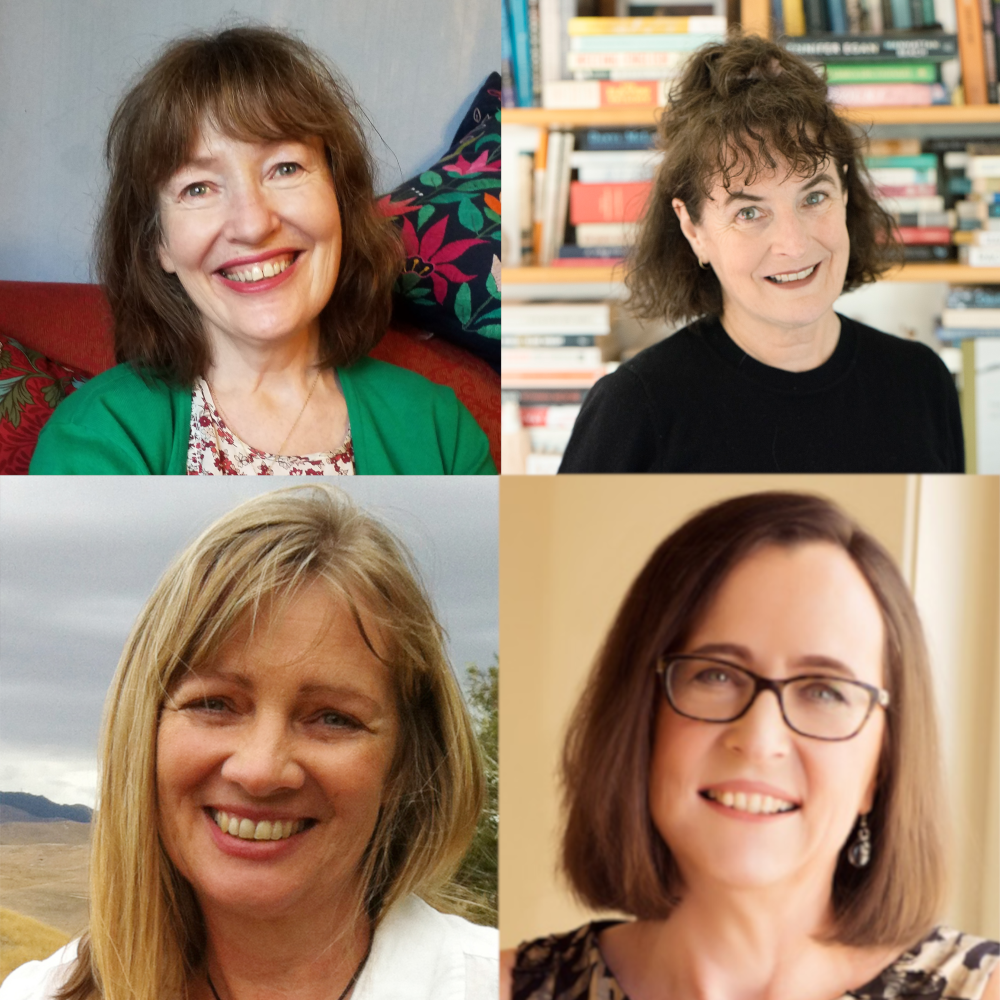
Some of Aotearoa New Zealand’s best writers will feature again in this year’s Off the Page series.
We launch on Wednesday 26 April, 6:30pm with a panel discussion on Writing for Children featuring a panel of multi-award winning authors.
Kate de Goldi says, “there is nothing quite as rousing and nourishing for a writer as close proximity to the imaginative life and perspective of young people”. Read about Kate’s life in books and thoughts on reading or listen to her talk about her passion for hooking children into good quality literature and her work co-editing Annual, a collection of stories, comics, poems, crosswords, games and songs – created by some of the best New Zealand writers and illustrators – now up to its third edition.
Brigid Feehan thinks that young people and older people sometimes see things clear and true – things that people in the middle might be too distracted to see. Her latest novel, The Life and Times of Eddie McGrath, portrays the forming of a strong bond between an old woman and a young girl, who only meet by chance, over their shared affinity for animals. Read about her approach to writing for young adults.
One piece of advice Philippa Werry offers to young writers is, “Be curious. People tell each other stories every day. Learn to listen to them”. Philippa wanted to be a writer from very young and wrote stories, poems and book reviews for the Children’s Page in the Saturday Evening Post newspaper, “and I still have the book that I pasted them into!” Check out this Stuff article about her influences and how she writes.
Anna McKenzie was born here in Palmerston North before moving to Hawkes Bay. Extremely versatile in her approach, her most recent novel tells the story of a young woman coming of age in the years of WWI. Listen to Anna talking at NZ Festival Writers Week about the origins of Evie’s War, the stories that stand behind it and the research that supports it.
The Off The Page series includes talks, readings, discussions and workshops from and for writers and connects the Manawatū to the beating heart of contemporary literature. The series is a partnership between Massey University School of Humanities, Media and Creative Communication, Bruce McKenzie Booksellers and the Palmerston North City Library.
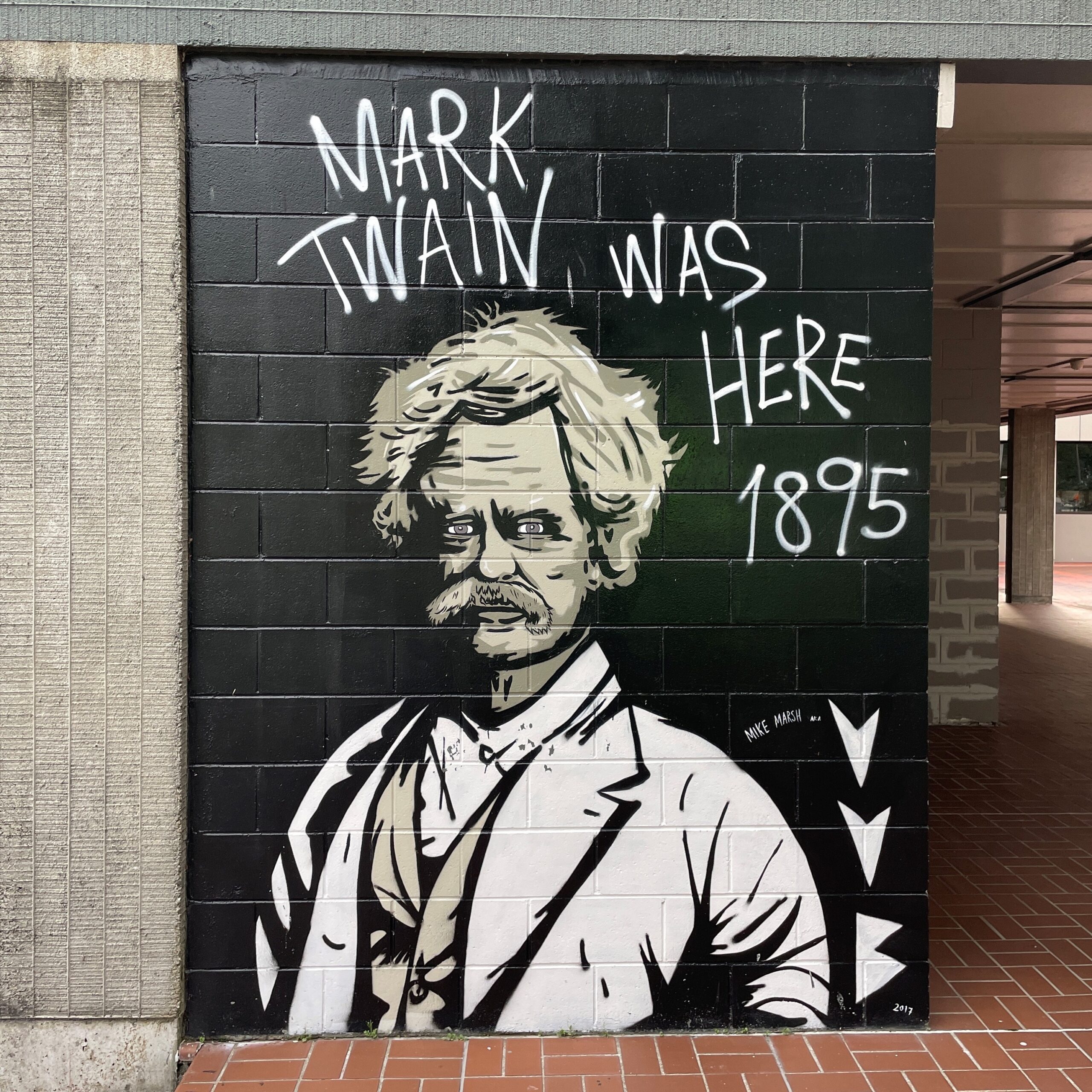
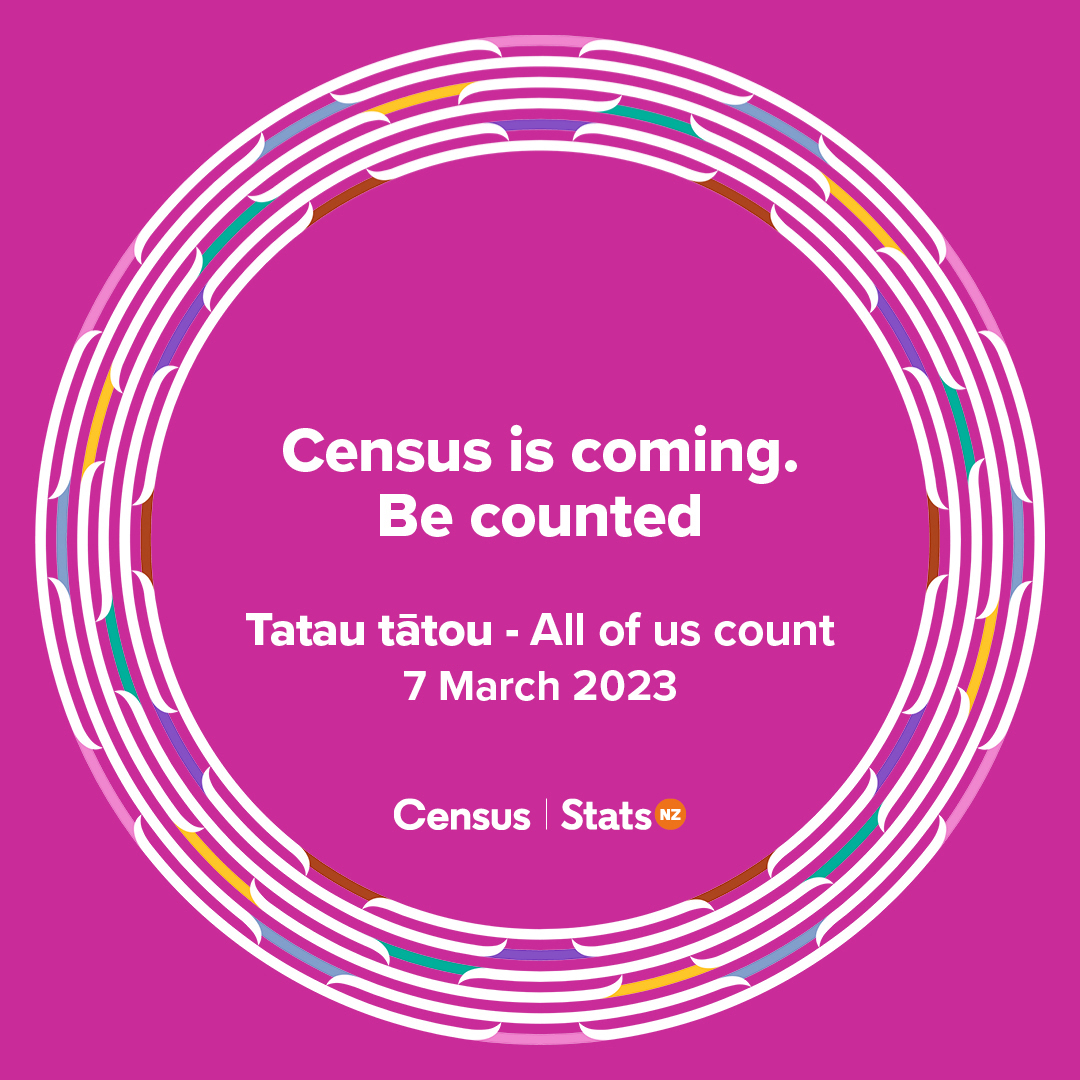
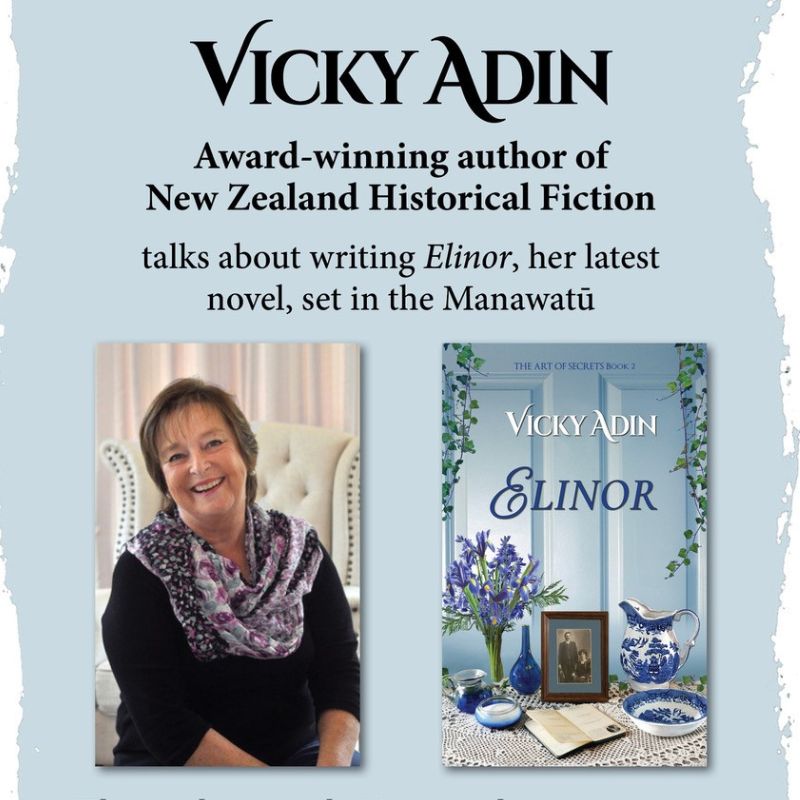

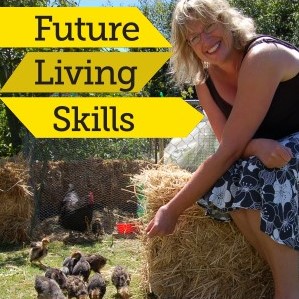
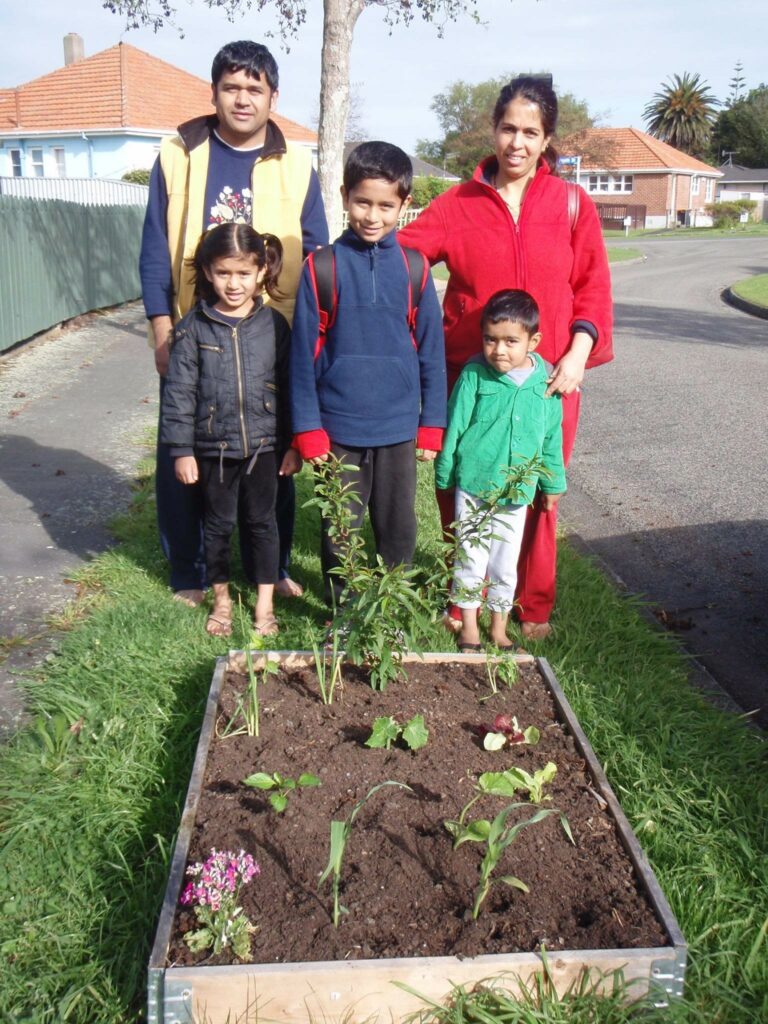
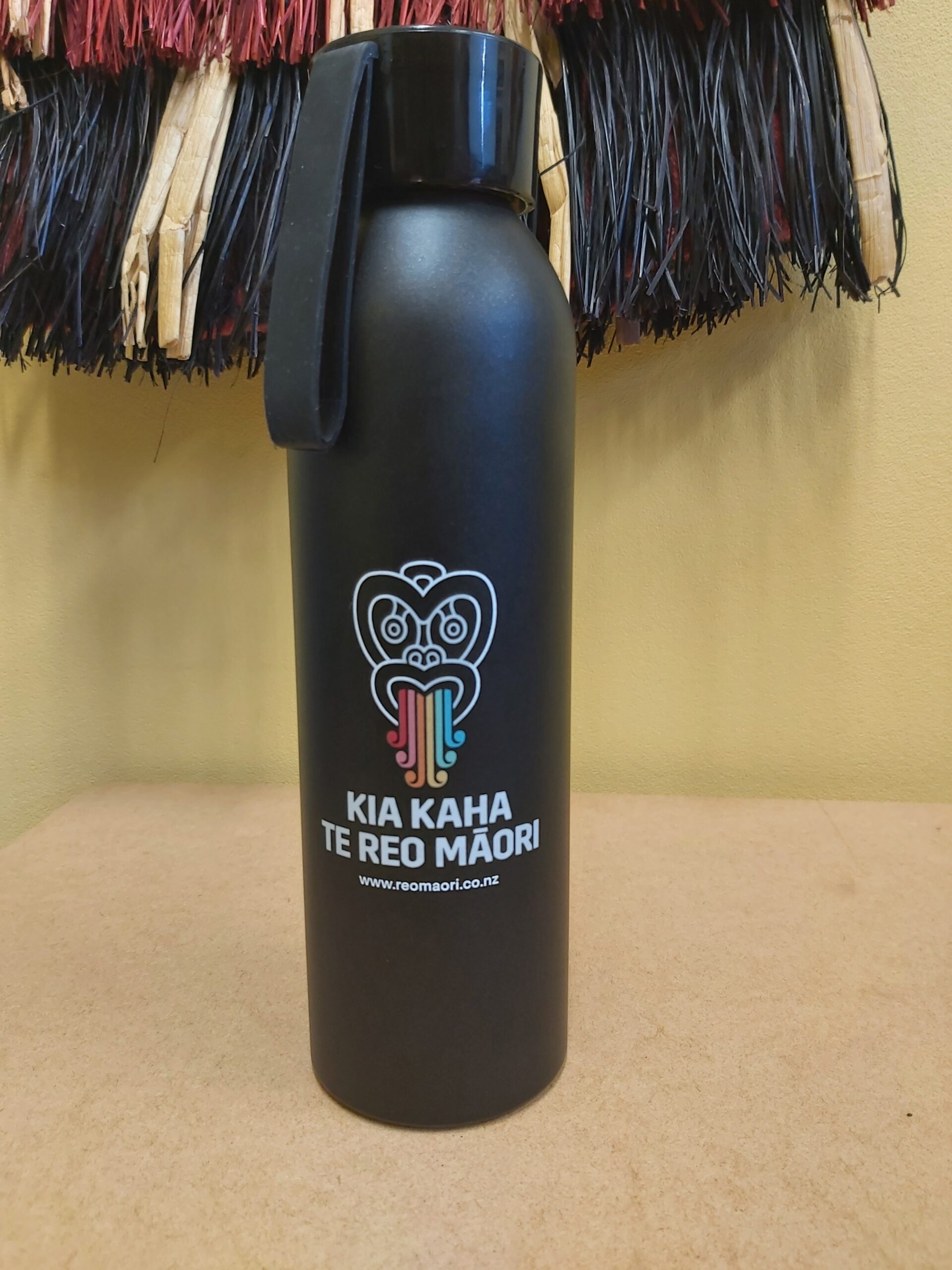
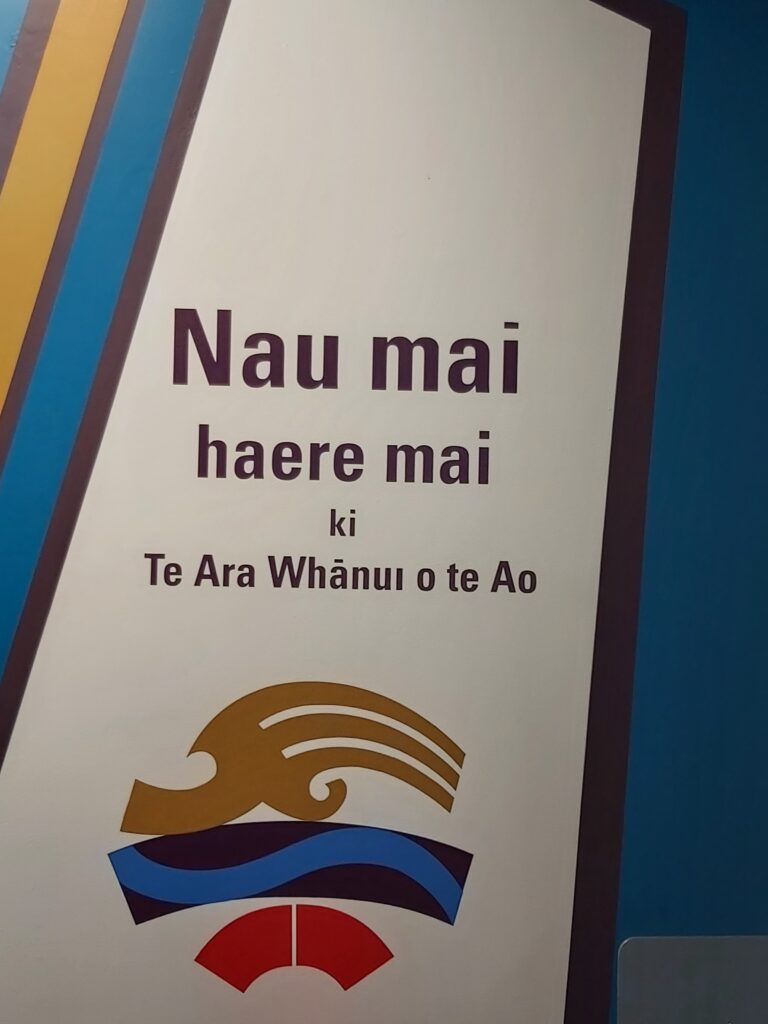
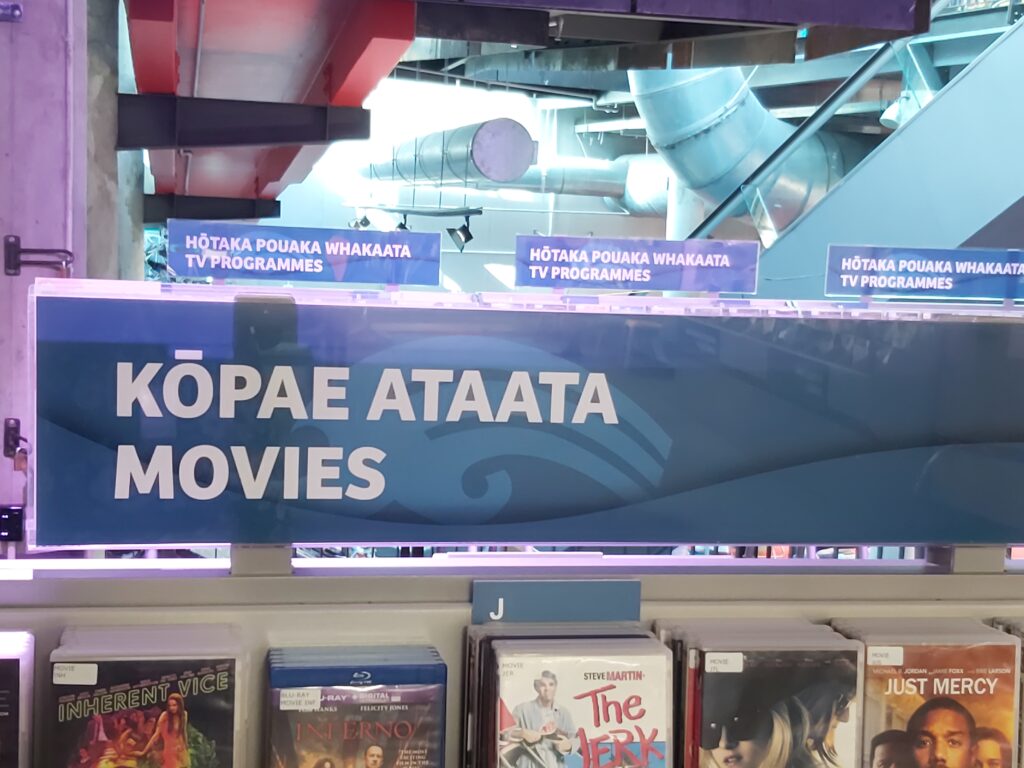
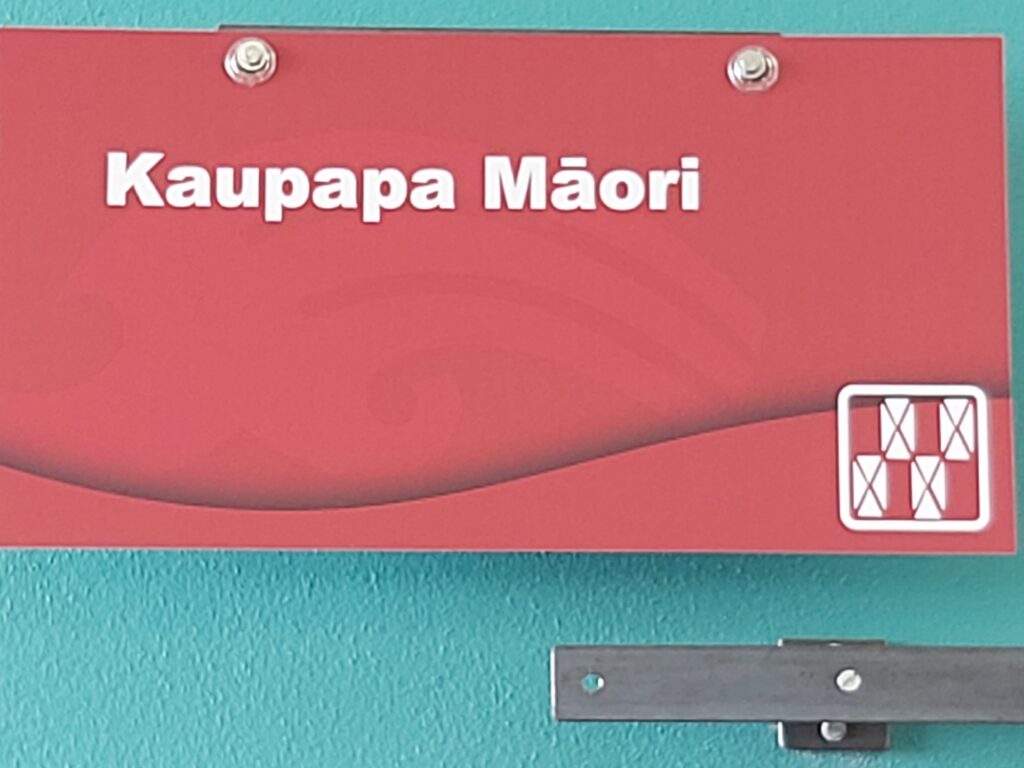
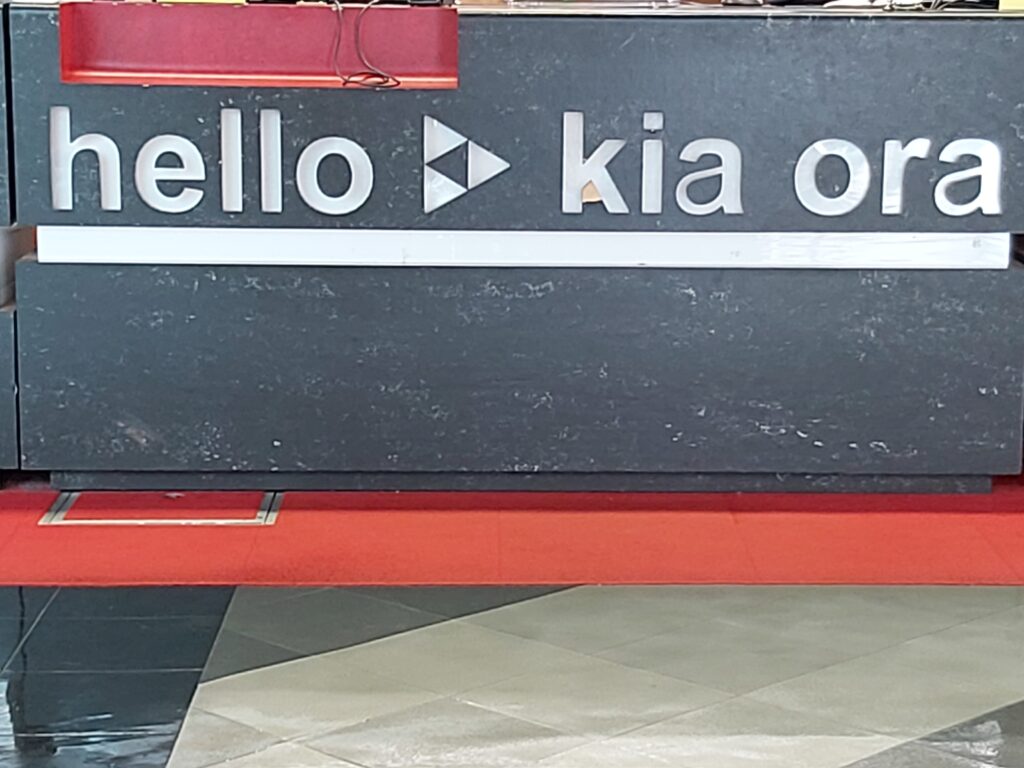
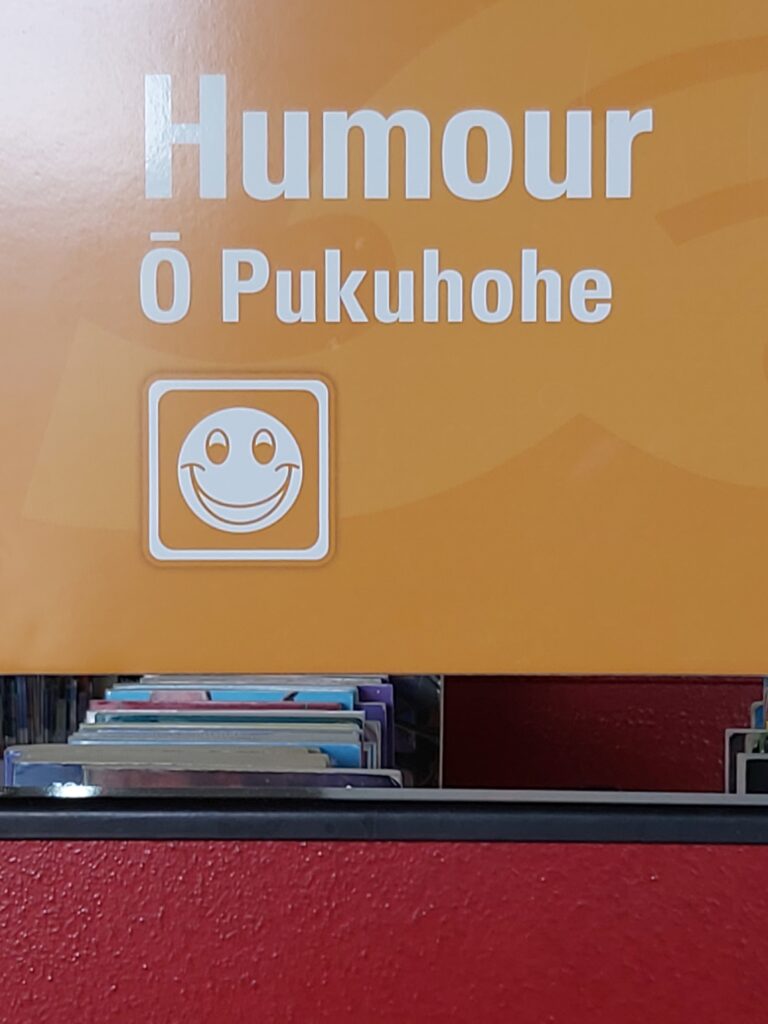
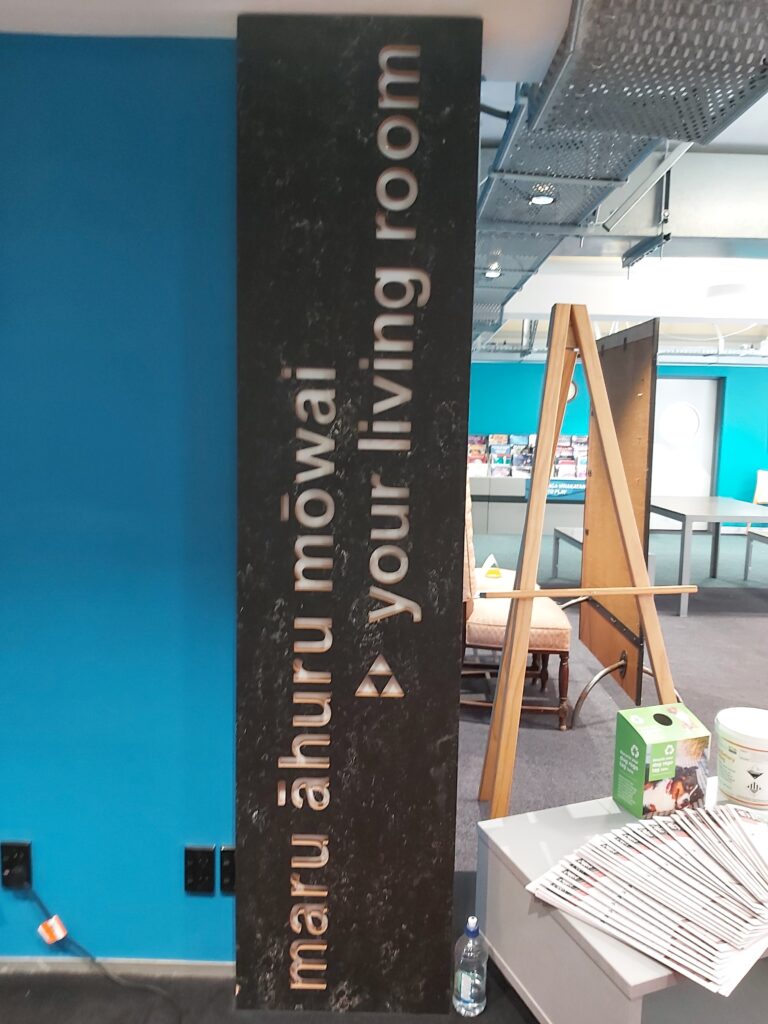
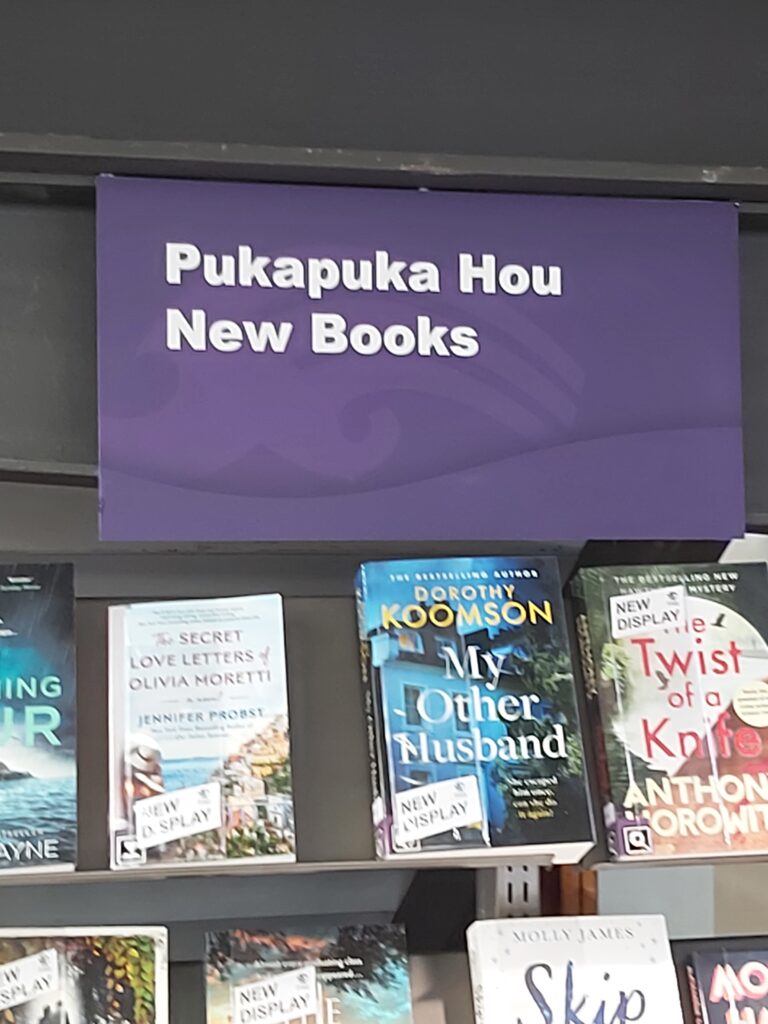
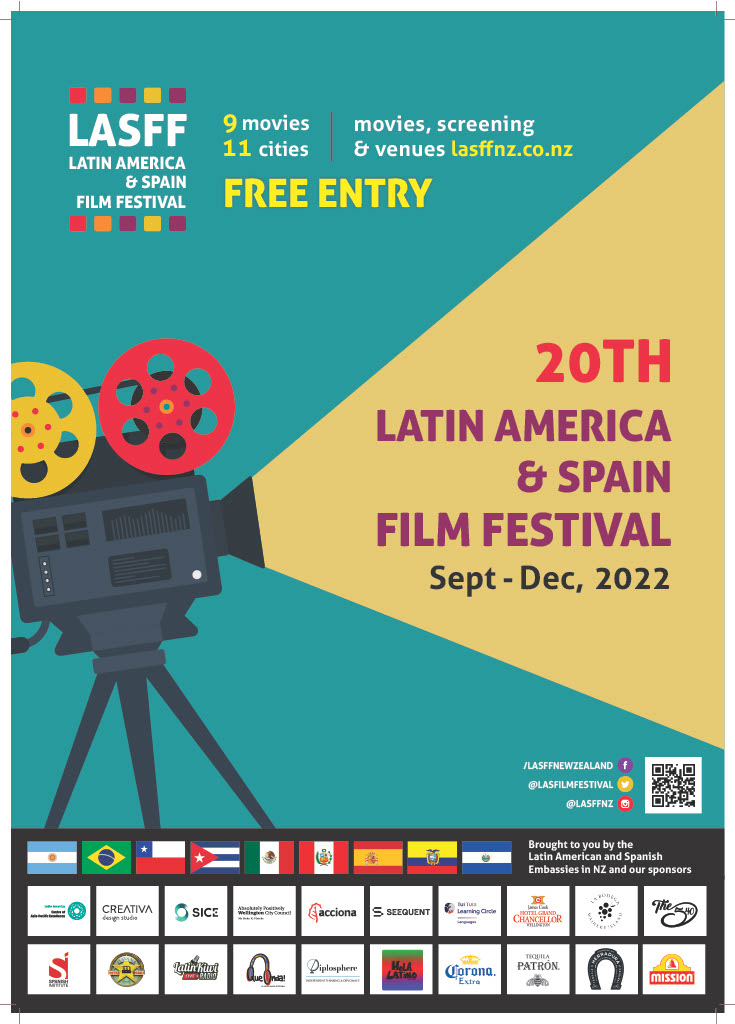
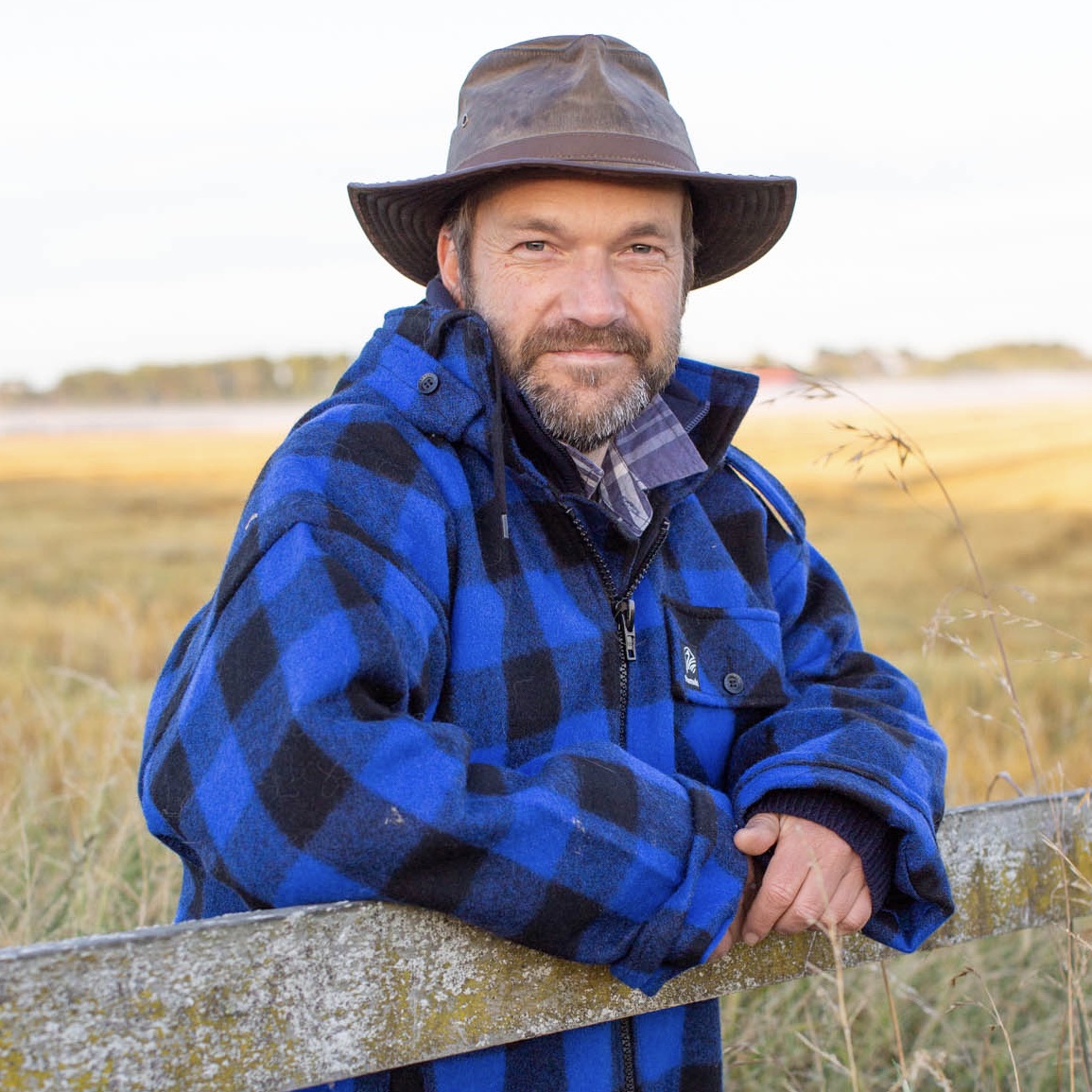
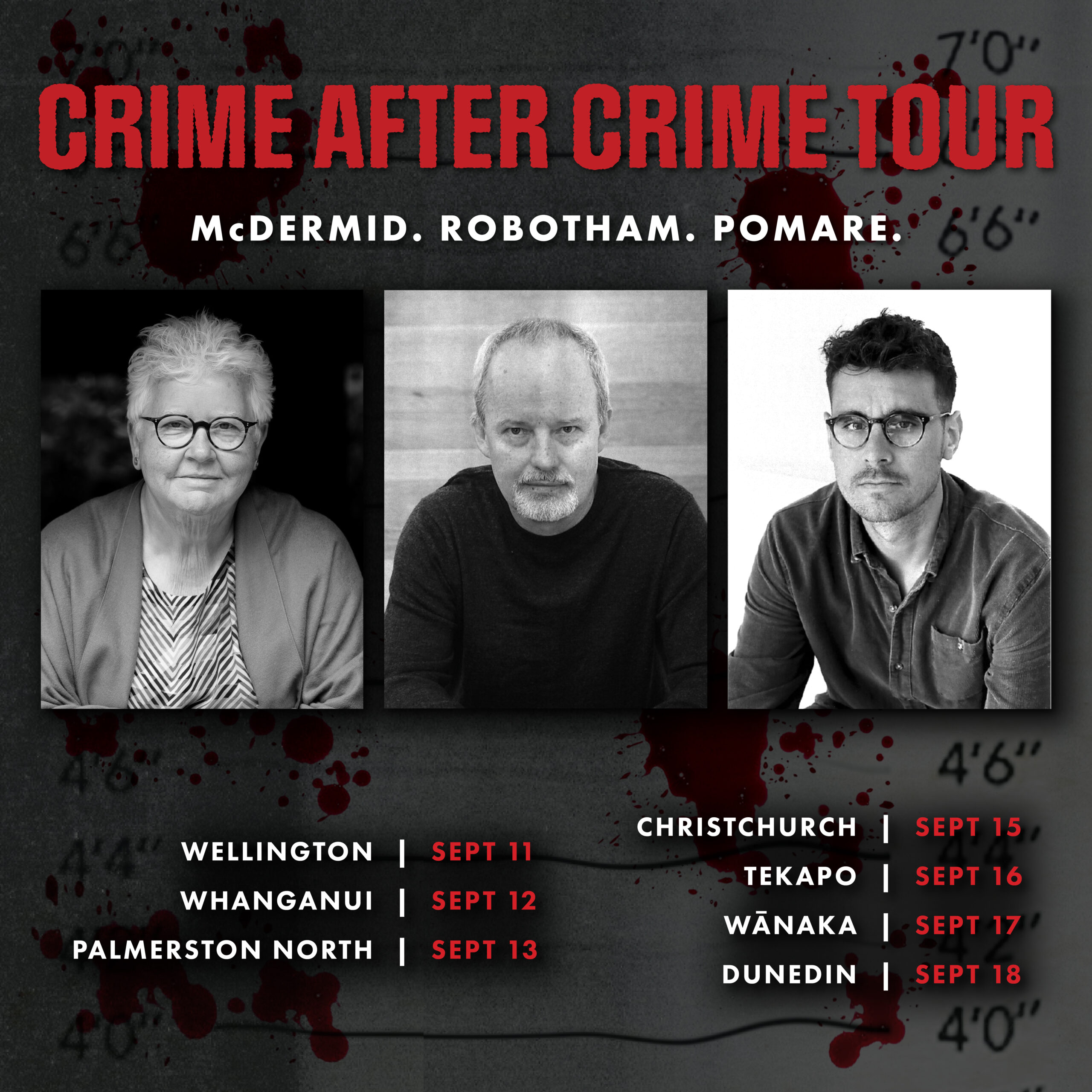
Recent Comments